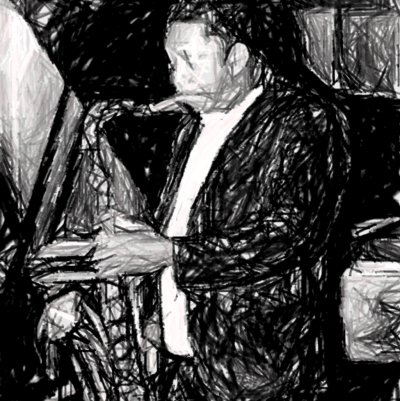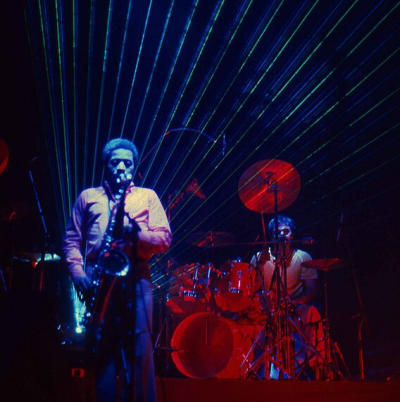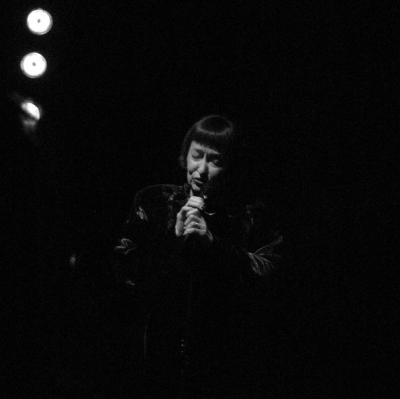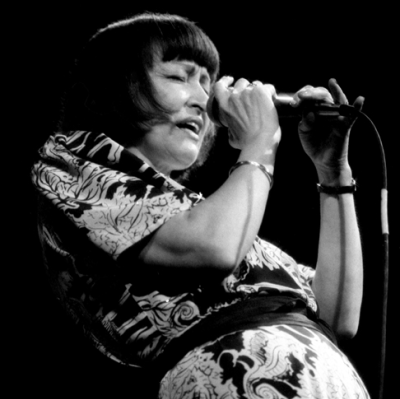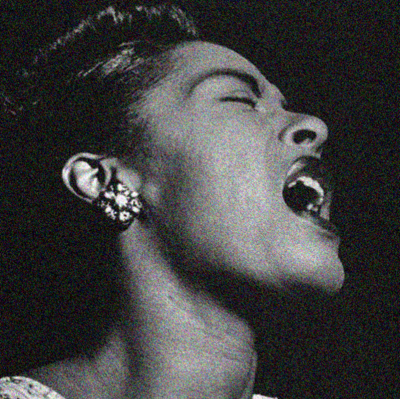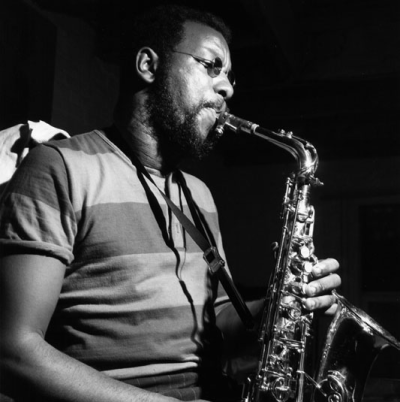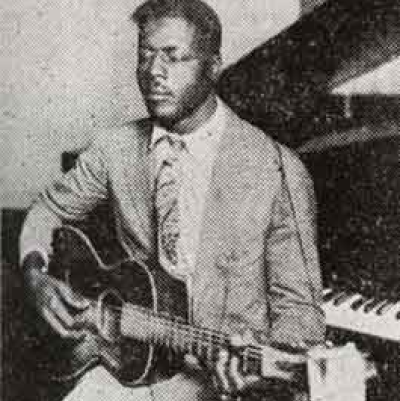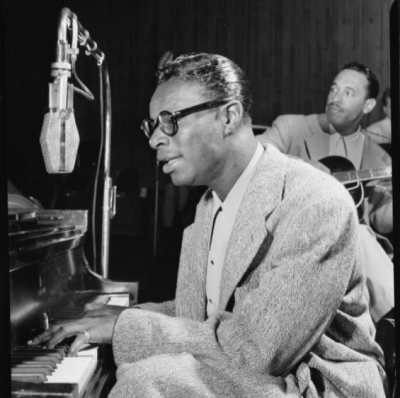“Even the drummers on 52nd St. sound like Dizzy Gillespie!”
While the romantic notion is to imagine that the music coming out of the clubs lining New York’s 52nd Street during the 1940’s was universally applauded, we of course know that is not the case. In an example of this dissent, consider the words of Los Angeleno Norman Granz, who told Downbeat this during his April, 1945 visit to New York:
“Jazz in New York stinks! Even the drummers on 52nd St. sound like Dizzy Gillespie!”
“I can’t tell you how disappointed I am in the quality of music here. We keep getting great reports out west about the renaissance of jazz along 52nd St. but I’d like to know where it is. Literally, there isn’t one trumpet player in any of the clubs with the exception of ‘Lips’ Page and he was blowing a mellophone the night I caught him. Maybe Gillespie was great but the ‘advanced’ group that Charlie Parker is fronting at the Three Deuces doesn’t
...January 30th, 2018








